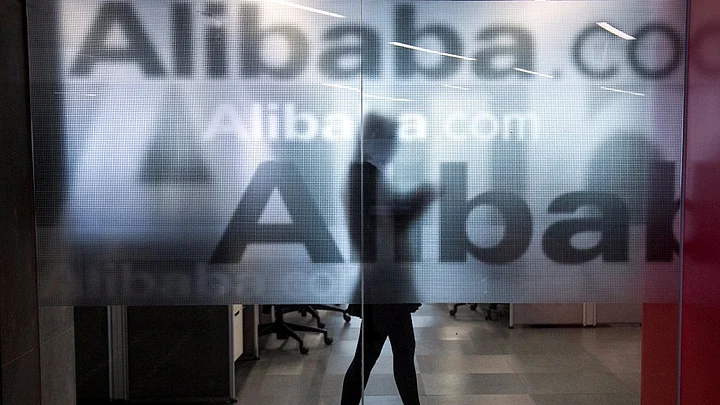The United States on Wednesday has decided to put Alibaba Group-owned, Taobao on its blacklist of “notorious marketplaces” that apparently deal in the selling of counterfeit goods and violations of intellectual property rights. Taoboa competes with Amazon and Ebay in the online consumer marketplace arena.
The strong action taken comes on the back of complaints from US and international trade groups for apparel and luxury goods that hold Taobao responsible for not conducting fair or ethical trade practices in the country.
Alibaba, understandably, has expressed its disappointment with the move.
Inclusion on the blacklist does not carry any direct penalties but is a blow to Alibaba’s efforts to shed perceptions that its websites are riddled with fakes.
Very disappointed to be put back on the list as it was far more advanced in protecting intellectual property rights than it was four years ago. Also, the decision ignored Alibaba’s work to remove more than twice the number of product listings this year than in 2015.Michael Evans, President, Alibaba Group
Earlier this year, reports indicated that Alibaba was lobbying the US government into keeping them off the piracy blacklist. But it looks like those efforts have gone in vain.
The same report goes on to state that Alibaba's Taobao marketplace, a direct rival to to eBay and Amazon, was part of USTR's “Notorious Markets” list of online and physical markets selling pirated goods from 2008 to 2012.
The Alibaba Effect?
It’s hard to miss the Alibaba-Paytm connection that has grown all over India post demonetisation.
Also Read: As Paytm’s Business Soars, RSS Wing to ‘Study’ Its Chinese Connect
According to Wikipedia, Paytm has received a $575 million investment from Alibaba Group of China, after Ant Financial Services Group, an Alibaba Group affiliate, took a 25% stake in Paytm’s parent company, One97 Communications.
Dismissing such connections, Paytm recently applied for banking standards, separating them into a different entity called Paytm Payments Bank, that as per Vijay Shekhar Sharma, CEO of Paytm, does not have any Alibaba affiliations.
There have been other allegations against the company, reported previously, that have forced Alibaba to defend its actions and overall position.
Will this affect Alibaba’s intermediate plans in India, and does the Indian government feel the need to rebuff its business alignments in the country? Don’t discount that, yet.
(At The Quint, we question everything. Play an active role in shaping our journalism by becoming a member today.)
